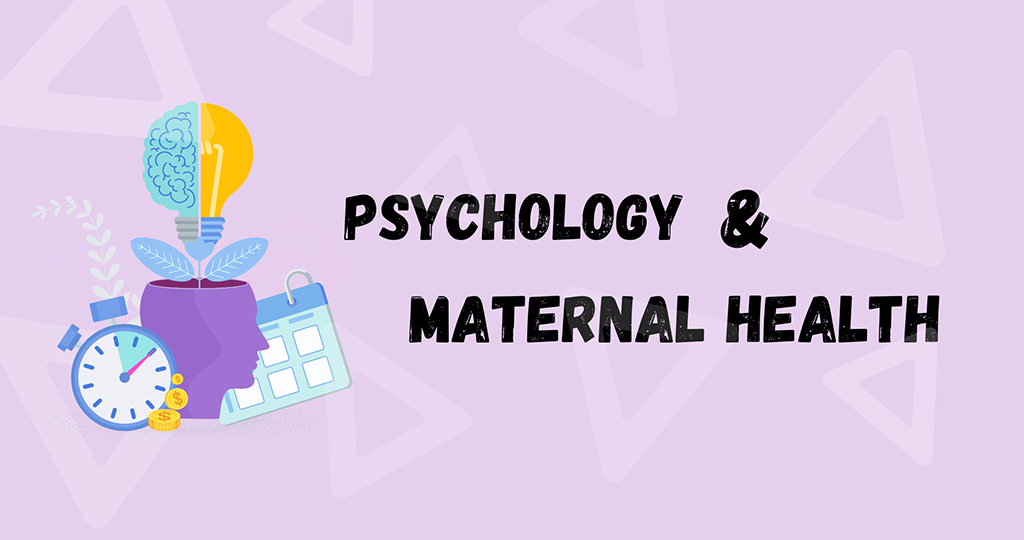
Psychology and maternal health: Why it’s a good fit.
Psychology is the study of our mind and behaviours. It helps us to understand why we feel and act in certain ways and it can also be used to help people change.
The Manchester Centre for Health Psychology developed a short video explaining how the research conducted by psychologists can support the health and wellbeing of women during pregnancy (and beyond!).
Psychology can support people to make healthy changes in their lives
Pregnancy is often regarded as a teachable moment; it makes us aware of how our lives are changing and can bring greater motivation to change our health behaviours.
Psychology can inform training for health care professionals to support women and their partners in making these changes.
GPs and midwives are well placed to speak to women about making these changes but need to feel confident to speak to women after giving birth.
Psychologists and PhD researchers at The University of Manchester are conducting research to understand how best to have these conversations.
Psychology can help support breastfeeding
Research tells us that some groups of women, such as those with a BMI>30, face more difficulties when breastfeeding than women with lower BMIs.
A recent programme of work conducted by psychologists explored these difficulties and how to best support women to overcome them and used this knowledge to design an intervention called the breastfeeding workbook.
One example of something that can help to overcome barriers to starting breastfeeding, is being shown different ways to hold your baby.
In future work, we aim to also adapt the workbook into a training package for health professionals, to increase the breastfeeding support.
Psychology can help support women during pregnancy after baby loss
When a pregnancy does not go as planned, we can experience feelings of sadness and guilt and anxiety if we become pregnant again.
Research by psychologists, midwives and obstetricians is taking place to understand what support women and their partners want to receive in subsequent pregnancies following a stillbirth.
Psychology has informed training for midwives to help support women and partners who are pregnant after a previous stillbirth.
The training used Behaviour Change Techniques to help parents manage anxiety. Psychologists see these techniques as the tools in our tool kit.
If you are interested in learning more about this research and would like to get involved, please contact us at healthpsychology@manchester.ac.uk.






0 Comments